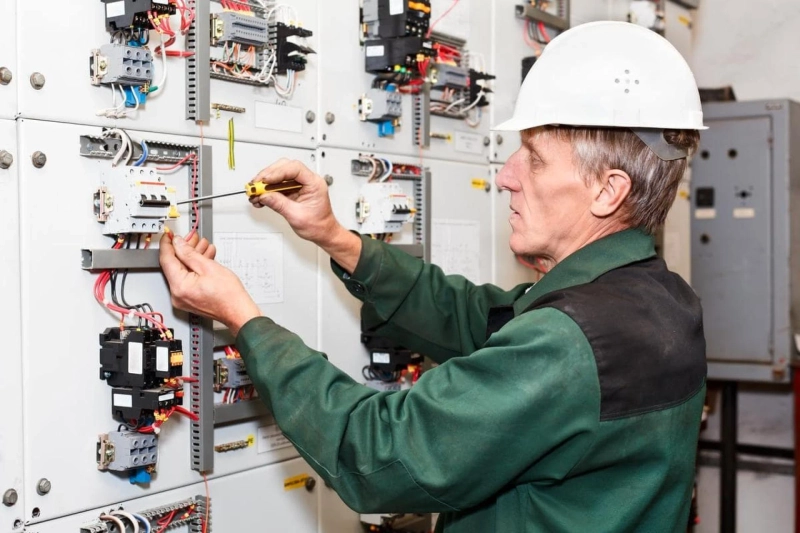Electrical Contractors are responsible for the design and installation of electrical systems in both residential and commercial buildings. They have a wide range of skills that ensure high-quality work that adheres to industry standards.
These contractors are categorized as "outside" or "line" electrical contractors or as integrated building systems contractors. They manage the electricity that is brought in through a number of high-voltage lines.
Outdoor Lighting Services
A well-lit yard, patio or porch can improve your quality of life at night. Whether you enjoy watching sports with friends or relaxing in your backyard, outdoor lighting services can make it possible to do these things after dark. They also help make your property safer by illuminating walkways and doors.
Professional Outdoor Lighting Services can help you plan a custom lighting design that complements your home’s architecture and landscaping. You can choose from a wide range of fixtures to create the perfect ambiance. You can even install a home theater in your backyard to watch movies or TV shows on special weatherized flat-screen TVs that minimize glare.
Besides being functional, outdoor lighting is an excellent way to increase the value of your property. In addition, it makes you and your family feel safe. It can even deter crime by making potential intruders more visible. Lighting is also an effective tool for highlighting the nooks and crannies of your property and creating a certain mood.
Electric Breakers Installation
If you need to add a new circuit breaker or replace an old one, it is best to leave this project to a professional. If you attempt to work on the breaker panel yourself, you could face injuries such as electric shock and burns. It is also important to make sure the new breaker matches the voltage and amperage of the electrical system.
The breaker box is typically a metal panel with a hinged door that protects the breakers inside. Before you begin working on the breaker panel, turn off the power supply. Then, use a voltage tester to make sure there is no live current running through the wires or terminals in the breaker box.
Next, switch off the main power switch at the breaker box to disconnect the electricity. Identify an area in the breaker box where you can install the new breaker. It must line up with a knockout in the breaker panel cover so you can feed the wire through.
Electric Fuses Installation
An electrical fuse is a safety device that protects devices from excessive current. It consists of a strip of metal that melts when the current exceeds normal values, interrupting the flow of electricity and preventing the device from overheating or arcing. Fuses are available in a variety of sizes and types, including resettable thermal fuses.
A fuse box is a small metal box that serves as the central node of a home or business\'s wiring system, dividing incoming voltage into its many circuits. Known also as a breaker box, it contains fuses that protect lighting fixtures, plug-in appliances and other electrical equipment from overloading, short circuits or mismatched loads.
Electrical fuses are designed to have particular operating characteristics, including the time that it takes for the fuse element to melt under specific conditions. Fuse ratings are specified in terms of melting and clearing times (I2t). The time that it takes for the fuse to melt under high current conditions indicates how quickly it will respond to excess power, and is used in conjunction with a circuit\'s protective devices to determine the appropriate protection levels.
Electrical Panel Installation
Electric Panel Installation is older and can no longer fulfill your home\'s power demands, or if your home experiences regularly tripped breakers, it\'s time for an upgrade. Having an electrical panel that is up to date with safety standards and local codes can also reduce your homeowners insurance rates and help keep your house safe from fire hazards.
It\'s not recommended to attempt an electrical panel replacement on your own. Without experience working with wiring and electrical panels, there\'s a higher risk of making mistakes that can lead to injury or fire. These mistakes could potentially ruin your home\'s safety and result in expensive repairs and potential property loss.
If your electrical service is fed by overhead or underground lines, you\'ll need to have those replaced if you move the electrical panel. This is an additional cost that can increase the overall project price and is usually done by a professional. Other electrical work that may be needed includes a subpanel installation, electric meter replacement and trenching.



